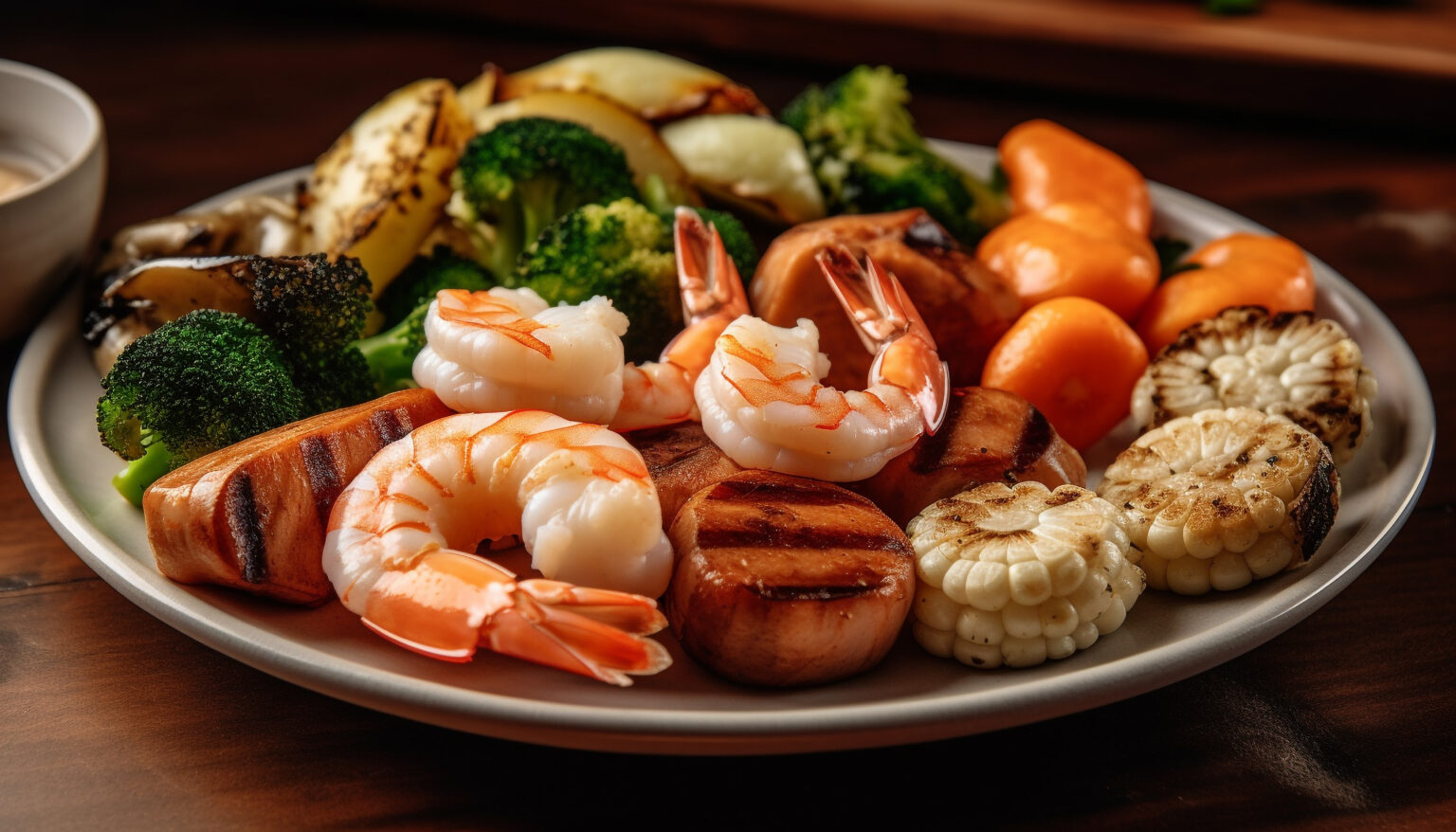Seafood has long been a popular choice for individuals seeking a healthy and diverse diet. However, it is essential to understand the environmental impact of seafood consumption and make informed choices to ensure the long-term sustainability of our oceans. Pesco-vegetarians, who include seafood in their vegetarian diet, play a crucial role in promoting sustainable practices and minimizing their ecological footprint. In this article, we will explore the environmental implications of seafood choices and discuss sustainable practices that pesco-vegetarians can adopt to support marine conservation.
Overfishing is one of the primary concerns associated with seafood consumption. Unsustainable fishing practices, such as trawling and longlining, can deplete fish populations, disrupt marine ecosystems, and cause irreversible damage to the delicate balance of marine life. Additionally, bycatch, which refers to the incidental capture of non-target species, including dolphins, sea turtzles, and seabirds, is a significant issue that leads to the unnecessary loss of biodiversity. By making informed choices, pesco-vegetarians can help address these concerns and promote sustainable fishing practices.
Choosing sustainable seafood is the cornerstone of responsible seafood consumption. Pesco-vegetarians can refer to various sustainable seafood guides and certification programs that provide information on the environmental impact of different seafood species and fishing methods. These resources categorize seafood into three main categories: “Best Choices,” “Good Alternatives,” and “Avoid.” Opting for seafood from the “Best Choices” category, which includes well-managed, abundant, and low-impact species, is an excellent way for pesco-vegetarians to support sustainable fisheries.
Another important aspect of sustainable seafood consumption is considering the source of the seafood. Pesco-vegetarians can prioritize locally sourced seafood or opt for products that are certified by credible organizations like the Marine Stewardship Council (MSC) or Aquaculture Stewardship Council (ASC). These certifications ensure that the seafood comes from fisheries or aquaculture operations that meet rigorous sustainability standards, minimizing the environmental impact.
Furthermore, pesco-vegetarians can explore alternative seafood options that are both sustainable and offer a variety of flavors and textures. Plant-based alternatives to seafood, such as algae-based proteins or fish substitutes made from soy or wheat protein, are emerging as viable options for those who want to reduce their reliance on conventional seafood. These alternatives provide a similar taste and texture to seafood while alleviating the pressures on our oceans.
Additionally, supporting sustainable aquaculture practices can significantly contribute to the conservation of marine resources. Responsibly managed aquaculture can minimize the negative environmental impacts associated with traditional fishing methods. Pesco-vegetarians can look for seafood options produced through sustainable aquaculture methods, such as closed-loop systems, which recycle water and minimize waste, or integrated multitrophic aquaculture, which utilizes different species to create a balanced ecosystem.
Reducing food waste is another critical aspect of sustainable seafood consumption. Pesco-vegetarians can ensure that they only buy the seafood they need and properly store and prepare it to minimize waste. By reducing food waste, individuals can decrease the overall demand for seafood and alleviate the pressure on fish stocks.
Lastly, pesco-vegetarians can actively engage in advocacy and education to raise awareness about the importance of sustainable seafood practices. By sharing their knowledge and encouraging others to make informed choices, they can contribute to a more sustainable seafood industry and protect our marine ecosystems for future generations.
In conclusion, the environmental impact of seafood choices cannot be ignored, and pesco-vegetarians have a unique opportunity to promote sustainable practices. By choosing sustainable seafood options, supporting responsible aquaculture, exploring plant-based alternatives, reducing food waste, and raising awareness, pesco-vegetarians can contribute to the conservation of our oceans and ensure a healthier and more sustainable future for both humans and marine life. Together, we can make a difference and protect our precious aquatic ecosystems.








